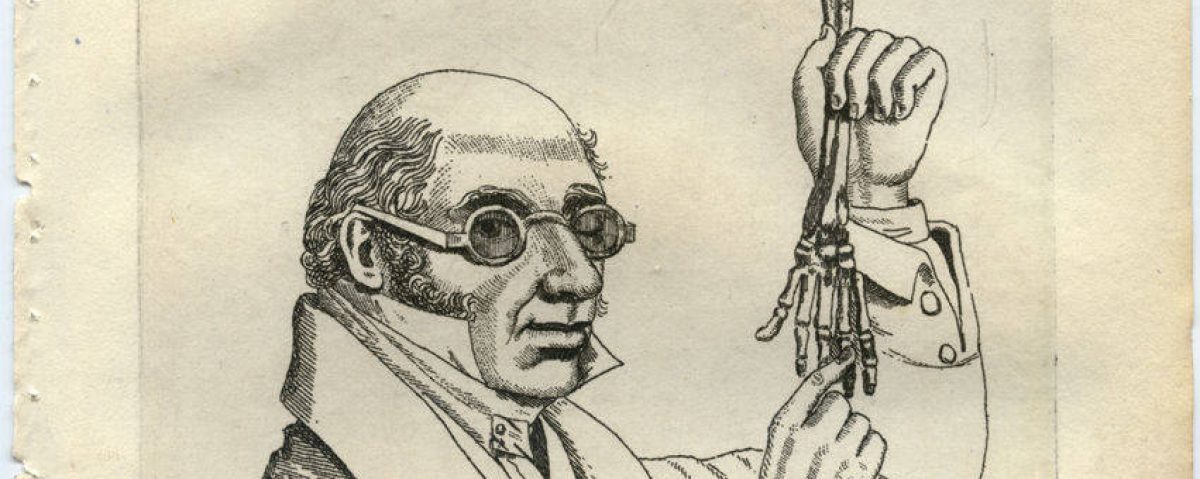Freire compares students to containers, which can affect them negatively. Most teachers when teaching just stand up in front of the room and give lectures. Not every student is able to learn like that. Everyone has different ways of learning. So, one student could become a “full container” by the end of the class and others could just be “half way full”. Every teacher should want to help the students learn more and not just stop learning because they are “full”. Teachers and students should work together to come up with ways to make students learn more. Teachers think that standing in front of the class and talking to them is helpful, when in reality students aren’t learning as much as the teachers think they are. Most students want to keep learning, but it’s hard for them because they eventually become “full”. Although students can become “full” at different times, they all become “full” at some point and eventually have to empty out. When students “empty out” they forget everything they have already learned.
Bella D, David H, Nick P, Noah H, Maddie B, Jason R
